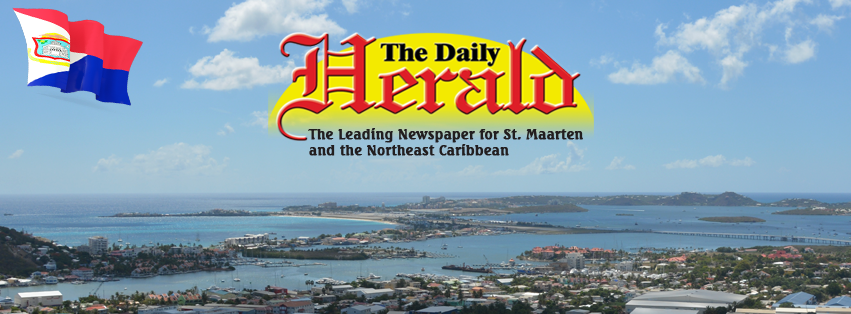
WILLEMSTAD – That the Kingdom Council of Ministers would annul Curaçao’s so-called 80/20 Law (see Saturday paper) was to be expected.
Limiting all employers to a maximum of 20 per cent immigrant workers was considered discriminatory, against the principle of equality and in violation of international treaties by Governor Lucille George-Wout, who refused to sign the National Ordinance and submitted it to The Hague for annulment.
There was initially an issue with the term “local,” because officially there is no such thing as a Curaçao national; only citizens with passports of the Netherlands. It was therefore changed to Dutch Caribbean-born personnel, which in theory could also include foreign residents on the various islands.
More important, Curaçao’s own Council of Advice saw no pressing reason that would justify such drastic action to protect the country’s labour market. Especially due to its general nature the measure was also viewed as undue interference by Government in the private sector. The Council of State will now look at the proposed legislation, but is likely to come to the same conclusions.
In St. Maarten too similar quotas had been announced some years ago for various segments of the tourism economy. It was obvious from the beginning that many of the percentages mentioned were quite unrealistic and hardly possible to enforce without inflicting serious damage on the business community.
This was never fully recognised by the authorities, who nonetheless decided not to implement the contested policy across the board, but to use common sense. The latter seems to be working fairly well in practice.
It’s been said before, but creating more job opportunities for residents instead of hiring people from abroad is first and foremost a question of education and vocational training. Closing the border is not the answer, but rather opening the door to knowledge, abilities and skills that can help empower people and really make a difference.
Bron: Daily Herald


Wat een onzin. Het onderwijs moet beter, en zeker niet in Papiamentu. Als je Nederlanders zo erg haat, prima, geef dan les in Engels, maar laat de bevolking niet de dupe zijn van die haat. Daarnaast moet de hele mentaliteit van de YDK op de schop. Met alle respect, men is hier echt te langzaam en dan komt het gezegde om de hoek: camaron que duerme se lo lleva la corriente. De YDK moet hand in eigen boezem steken en niet steeds weer de Nederlander of de Gouverneur of de Chinees de schuld geven.
Their is very easy to define the term local, the distinction should not be founded on citizenship which is Dutch or on Dutch Caribbean born. The distinction could be made upon ‘Population Group’ which is unique and are basically all people who have been born on the island or have received their naturalization to become Dutch citizen residing in Curaçao. Basically if we look at Bonaire as an example, is very easy to conclude that having the status of municipality of the Netherlands besides the Dutch citizenship have only resulted into the same responsibilities but into the the same (social) rights, and the distinction is simply being made between Dutch from ‘Bonaire Population Group’ and the Dutch from the Netherlands. The reality of labor market makes it very difficult for locals even with the proper skills and education to be granted a job, so its time face the reality and take the necessary measures for Curaçao and its people. Because it is more than obvious that the Governor/Netherlands does not have our needs at heart!